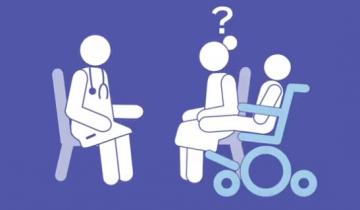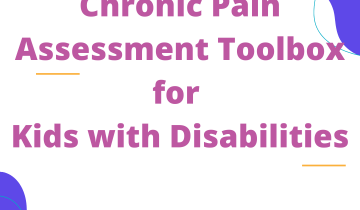The American Academy of Pediatrics has updated its recommendations for Primary Care Providers to provide a "Medical Home" for children and youth with cerebral palsy. This comprehensive update gives primary care pediatricians the guidance they need to address the many needs that children and youth with CP experience and coordinate care across disciplines. The Cerebral Palsy Foundation has created a checklist to help guide you in raising your child with CP to living the healthiest life possible and ensure that you and your pediatrician are addressing all of your concerns.


